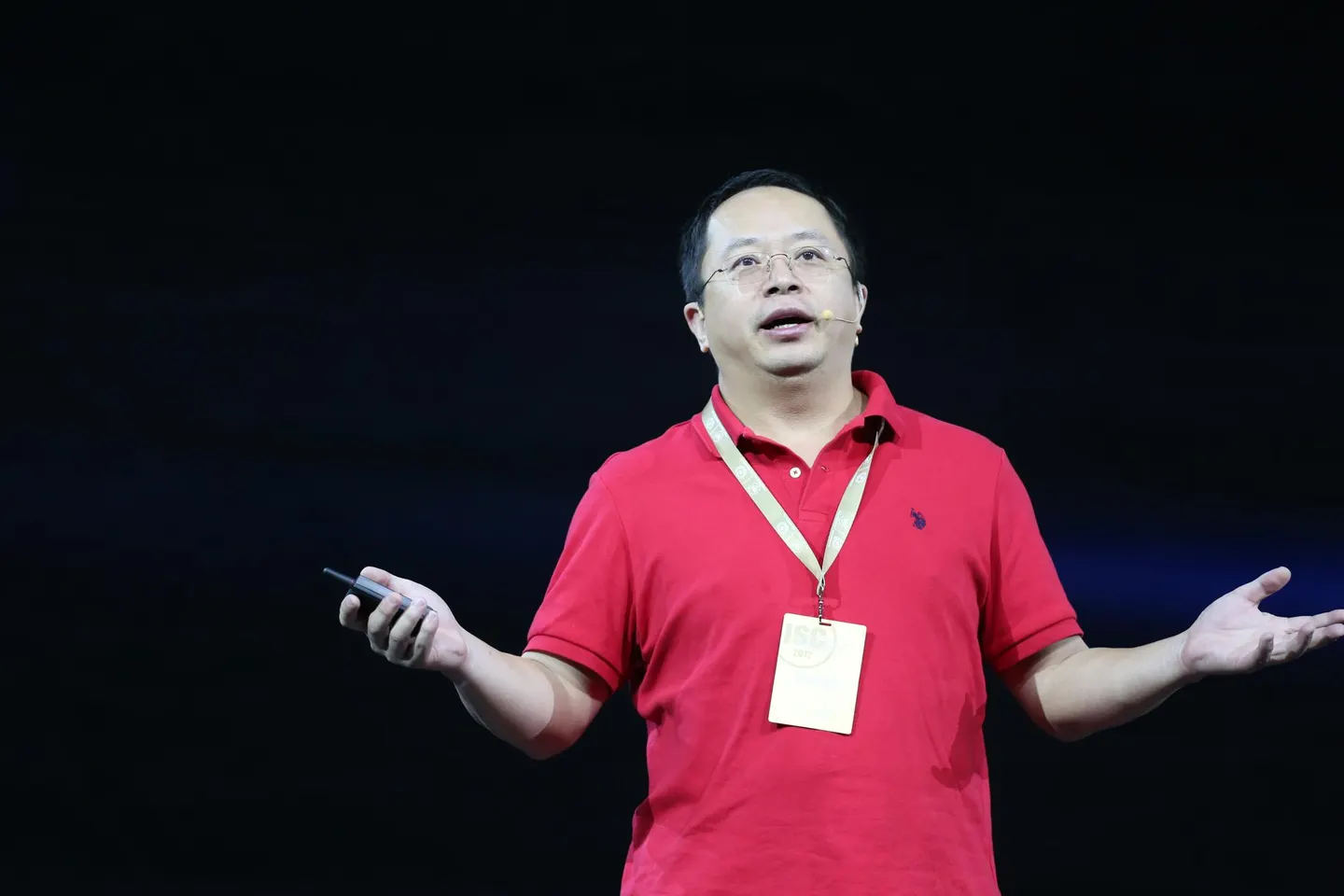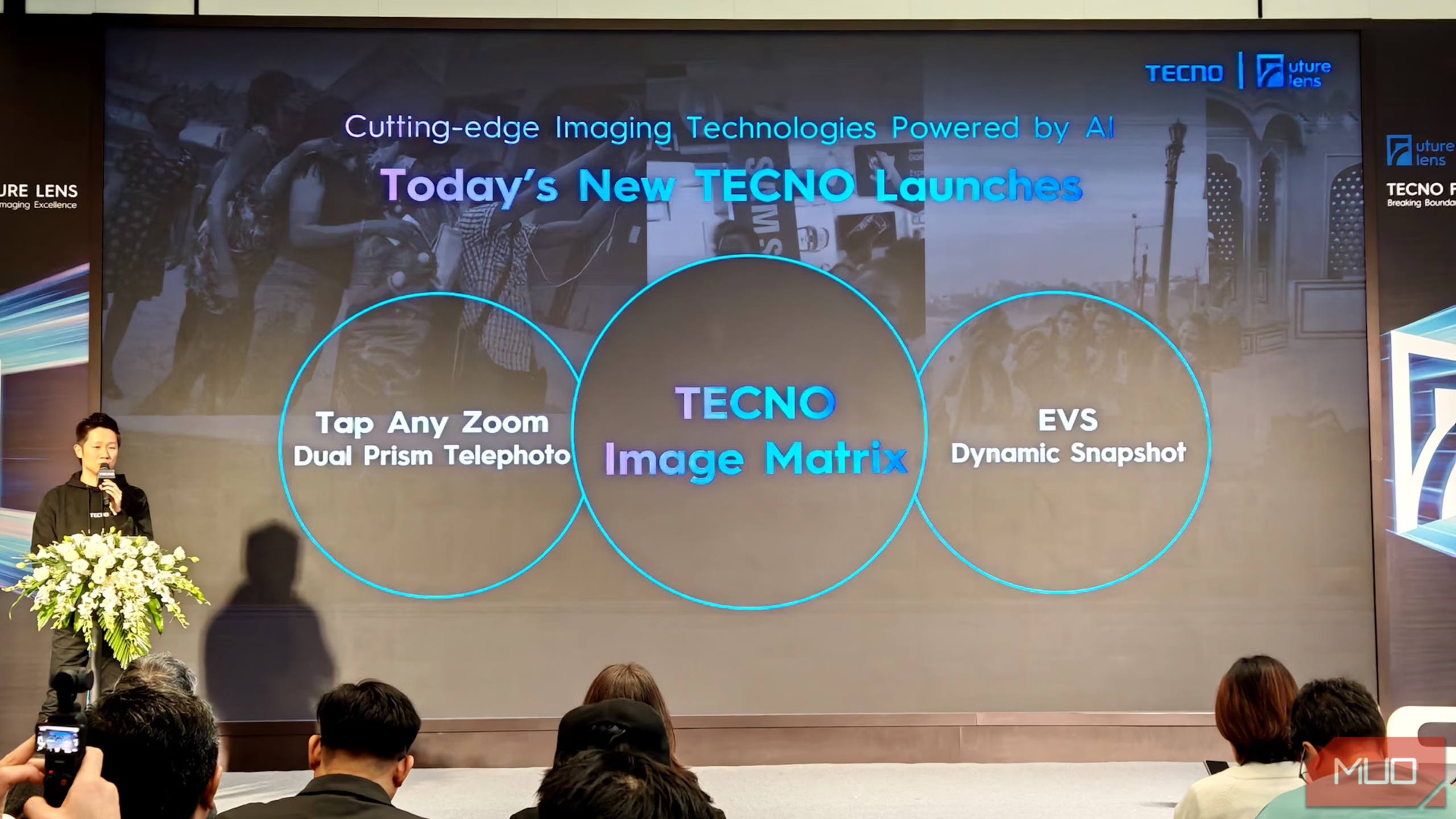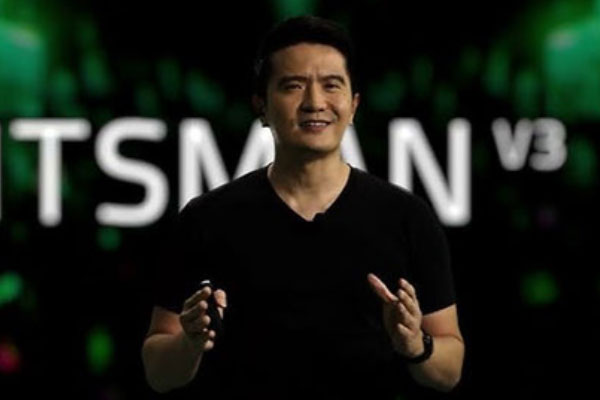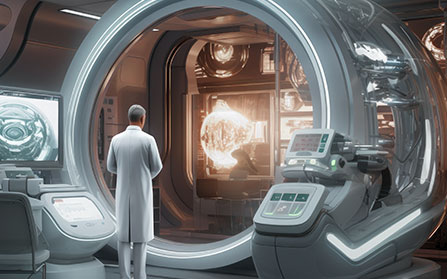Honda hybrid strategy redefines Asia’s mobility trajectory
In a major strategic pivot, Honda has announced that it will reduce its planned electric vehicle (EV) investments by 30%, redirecting nearly $20 billion into hybrid vehicle development. As global EV momentum slows, the Honda hybrid strategy shift underscores a broader market correction—balancing innovation with real-world infrastructure and consumer behavior across Asia and beyond.
Responding to the EV plateau
Honda’s recalibration follows signs of a global EV slowdown, especially in the United States and Asia. Challenges such as:
Limited charging infrastructure
High upfront costs
Range anxiety
have contributed to tempered EV demand, prompting automakers to revisit timelines and diversify technology bets.
Honda CEO Toshihiro Mibe stated: The pace of electrification is uneven globally. Hybrid technology remains a practical and popular solution for now.
Betting on hybrids: 13 models by 2027
As part of the revised roadmap, Honda will:
Launch 13 new hybrid models by 2027
Focus on sedans, SUVs, and crossovers
Scale annual hybrid sales to 2.2 million units by 2030
These vehicles will be built on the brand’s proven e:HEV platform, already featured in models like the Honda Accord Hybrid and CR-V Hybrid. The strategy aims to bridge the gap between ICE and EVs, offering consumers better fuel efficiency and reduced emissions—without the infrastructure demands of full electrification.
Editorial insight: Asia’s cautious but smart pivot
Honda’s move mirrors a growing hybrid-first approach across Asia’s automotive landscape. In markets like Japan, India, and parts of Southeast Asia, hybrids still offer the best mix of:
Affordability
Energy efficiency
Infrastructure compatibility
Unlike Western manufacturers leaning into all-electric futures, Japanese automakers have consistently backed hybrids as a realistic transition. Toyota, for example, has long championed this path. Honda’s shift reinforces this philosophy—focused less on hype, more on market readiness.
Future outlook: Hybrid today, electric tomorrow
Honda remains committed to long-term electrification. Projects like the Honda 0 Series and solid-state battery research are still underway. But by prioritizing hybrids now, the company is allowing time for markets to mature, technology to evolve, and consumer confidence to build.
This approach positions Honda as both a pragmatic industry leader and a resilient innovator—especially in Asia, where mobility transitions are driven as much by infrastructure constraints as by climate commitments.















